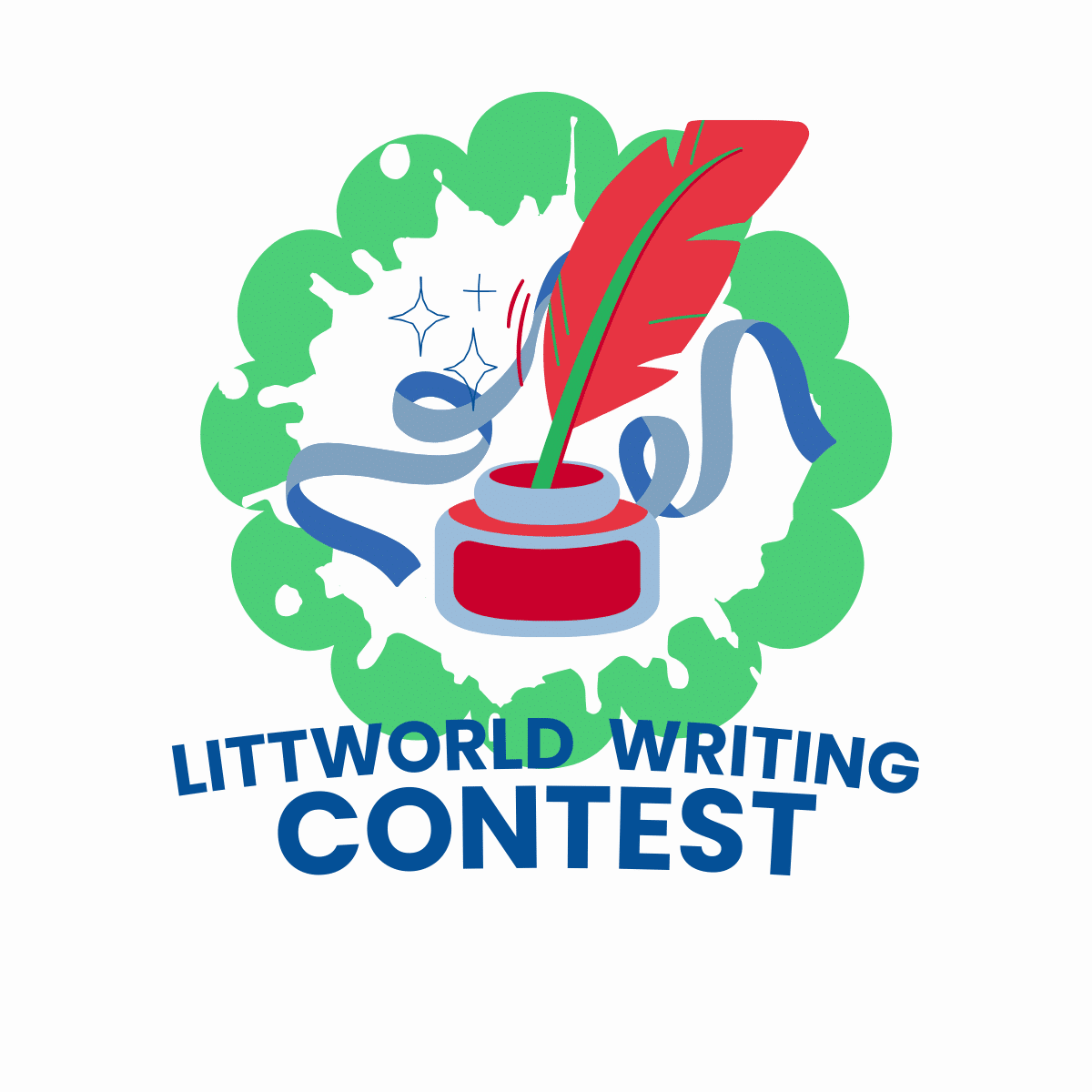Twenty-two years ago, we held our first LittWorld writing contest. Bulgarian author and pastor Daniel Nalbantski won first place with his entry about his faith-defining experience as a young man while under arrest during the former communist regime in his country. As we approach the submission deadline for this year’s LittWorld Writing Contest on May 15, may Daniel’s article encourage you in your faith and to continue writing for the Lord.
An Unexpected Answer
Daniel Nalbantski, Bulgaria, 2002
On the morning of September 2, 1974, I was arrested and taken away by the militia (the Communist police). It was a shock. I never even dreamed that something like this could happen to me. I was only twenty-three.
They arrested me for distributing Bibles and other Christian literature. I was just going out of my house with a few Bibles and other books when two militiamen stopped me and asked to search my bag.
At that time my country was part of the Communist block. Not only was the Bible not printed, its distribution was also forbidden. Brave people from abroad imported Bibles underground and we secretly distributed them among the believers.
They took me to the police station.
The investigator, to whom I was taken, was reading some book and seemed very unhappy about being interrupted.
The interrogation took six hours. I had to explain in detail: Why was I a believer? Where had I received the books? To whom had I thought of giving them? At the end, the investigator put a few blank sheets of paper and a pen in front of me and made me write down my evidence.
“Be careful what you write, as your future will depend on it. I advise you to confess everything and to say that you have been deceived, that you will neither believe any more, nor distribute books. I advise you also to ask for forgiveness. You will be in trouble otherwise.”
He went out. I remained alone.
At that time I was taking my first timid steps as a Christian. My parents were believers and they brought me up in a Christian spirit. Yet at school I was taught different things. I was reading different things in the books and newspapers. From my early childhood I was pulled two ways in my mind. On the one hand I was taught that there was no God, that everything was only material and life was accidental. On the other hand, I was taught that there was a God who had created everything, and that all humans should obey His will.
The more I grew, the more powerful the temptations became. The pressure of atheism was strong and I could not resist it. I did not become an atheist, though. Deep inside I had faith in God and I did not do immoral things. After I finished my military training and was admitted to the university, I went through a deep crisis. I could not come to terms with the thought that my life was going to be so short and that with my physical death my existence would be over. I wanted to live eternally and not encounter death. I wanted always to feel young and full of energy. Yet materialism was killing all these hopes.
I started to revisit the church I was raised in, but my faith was hesitant. I lacked the joy and quietness of spirit that comes from having real conviction.
That was when the story with the books happened.
And here I was, in the investigator’s office, not knowing what to put down on the sheets of paper. I felt as though the moment was crucial.
If I wrote that I was deceived and denied Christianity, the Communists would forgive me and let me build a career. But then I would have to give up all hope of eternal life and quietness of spirit.
If I wrote that I was a believer, it would not be true. My faith was fragile and I doubted many things. I had to admit that I was also scared. I knew how cruel Communists were with believers. I knew how much trouble they could cause me in the future.
It was terribly hard for me to make the most important decision of my life right here, in this room that was soaked with materialism. I had the feeling hat all the atheists in the world were sitting around me and mockingly waiting for me to write a word so that they could refute me with scientific arguments. Lenin was looking at me from the portrait hanging on the wall above the investigator’s chair and seemed to be suggesting that I should believe only in class struggle.
I prayed silently to God to help me, to give me some sign. Yet there was nothing spiritual in this room, heavy with tobacco smoke. I looked around. The investigator’s desk was old; its doors were warped. There were some creaking and uncomfortable hairs, cupboards with files, an old scorched stove, and sooty frames on the wall with some internal order regulations in them….
Then the book the investigator was reading caught my eye. He had left it on his desk and it was lying open all the time.
I listened for a sound. It was quiet and I could not hear any footsteps approaching. I pulled the book towards me and turned it so that I could see the title: Protocols from Investigations of Communists in the Fascist Police. Across one corner was written: Top Secret.
I made sure I remembered the page the book was open at, and started reading.
During World War II, Bulgarian Communists, encouraged by Moscow, started an organized struggle against the legal authorities in the country. They killed high-standing politicians and military, blew up railway lines, and organized assaults. This was pure terrorism, yet Communist propaganda presented it as struggle against fascism, although there has never been any fascism in Bulgaria.
At school we were taught that this was our nation’s struggle against tyrants. A lot of people died in this struggle and they were described to us as fearless heroes who bravely gave their lives for the victory. Portraits of these heroes were hung on the walls of schools, monuments were erected and pompous poems written to honor them.
Those who died in the struggle were all young people, and this made them even closer to our young hearts. We wanted to be like them, to be Communists like them, to fight and die as they did. This was the purpose of Communist propaganda.
I could not read for long, as any moment someone could come into the room. Yet what I read was enough. The police Protocols briefly and impartially presented each detail of the last moments of young Communists sentenced to death. One of them, after being asked what was his final wish, said, “I want a glass of water.” They brought it to him. He drank it. “Do you want anything else?” they asked him. “Another glass of water, please.” He drank that, too, and started to the place of execution.
There was a quotation from another man under sentence. He wrote to his mother. “Mother, I will be executed in a little while. I am cold, Mother…I am very cold….”
They taught me in school that these young people died as heroes, shouting “Death to fascism!” “Freedom to the nation!” We were taught that their executors trembled for fear at their strength. Yet these Protocols were saying something else….
This was the sign! God had given it to me, never mind the place!
Why did I think that my faith had to be fearless, that I should have no hesitations or doubts? Why did I think that I had to be ready even to die for it? Why was I afraid of my own fear? Why was I thinking that I had to amaze everyone with my faith, including the investigator?
Eventually, aren’t we all—Communists, Christians or whatever else we are—a weak people with our fears and doubts, small wishes and hopes and griefs? Isn’t God willing to wait for us to overcome our weaknesses? Isn’t He giving us new chances to take one more step forward each day? Do we have to wait until we become sinless in order to be sure that we are true believers?
I knew now what I had to write. I only needed ten minutes.
I wrote that I was born in a Christian family, that I had been a believer all my life and wanted to remain one to the end of my life—otherwise my life would be meaningless. I wrote that I believed in God. I wrote that I was sorry that the Bible could not be printed and was considered a harmful book in my country and said that the Bible could help many people find God and change. I wrote that I wanted to live a life of dignity, love people and do my best to help them. I wrote that I did not hate anyone and I would not feel bad towards anyone, whatever happened to me.
The investigator soon came back and asked if I was done. I gave him the two sheets covered with writing. He read them, looking at me from time to time.
“And you think you will remain in the university after all this? That you can hope for a good future?”
I shrugged my shoulders.
“It’s your business,” he said, as he placed the sheets of paper in a new folder with my name written on the front page. This was the beginning of my file.
They let me go.
The books were confiscated as dangerous and harmful literature. I had to leave the university, as there was no place there for people who did not hold to materialism. I did so without much regret. I knew that one loses some things while gaining others.
Today in my country Communism is just a memory from the past. The Bible is being printed and distributed freely. There are no more monuments to the “heroes who died in the struggle against fascism.”
Yet I am grateful to them for helping me make that decision, the most important decision in my life.

